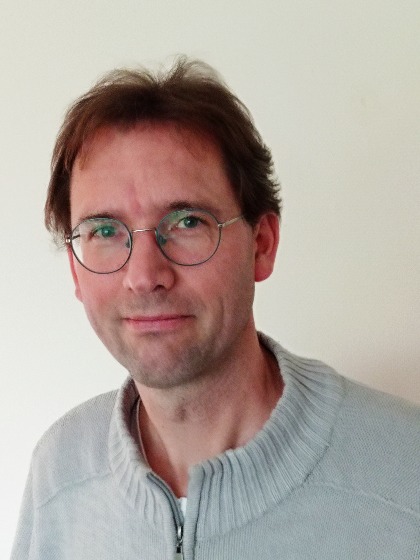prof. dr. R.S. (Rampal) Etienne

I welcome applications of PhD students who have been able to or are willing to acquire their own funding, for example through a CSC, FCT, or Conacyt scholarship.
2021-2025: NWO-M2 project "Untangling species diversification on islands: the role of traits". With F. Lens (Naturalis Biodiversity Centre).
2020-2023: NWO-NWA project "The impact of material delivery from space, atmospheric conditions, and symbiotic interactions on evolution towards life’s diversity"
2014-2019: NWO-VICI project "On the origin of species assemblages".
A major challenge in ecology is the need for a better theoretical framework for understanding how species assemblages (ecological communities) arise, why some are species-rich and others species-poor, and why some species are present or dominant whereas others are not.
Current community assembly theory is largely based on static models. However, ecological dynamics (e.g. ecological drift, competition, immigration), or evolutionary dynamics (e.g. genetic drift, natural selection, speciation) generate continual changes in the constituents of communities and the sources from which they are assembled. The dynamical models that do exist do not take the community perspective or do not readily allow inferences from data. Moreover, there is often a mismatch between models and data.
I propose to solve these problems simultaneously by developing a fully stochastic, dynamical and data-friendly theory of community assembly, and testing and informing this theory with model-oriented experiments and field studies of both macro-organisms and micro-organisms.
The theory will contain models of speciation, extinction, immigration and demographic change that vary in spatial, phylogenetic and biotic complexity, and which I will design for confrontation with data by providing each model’s likelihood given the data.
I will conduct evolutionary experiments on the mite Tetranychus urticae and the bacterium Escherichia coli, which are ideal model organisms due to their short generation times. The experiments will provide insight into how diversity affects diversification, a great unknown in current macro-evolutionary theory.
Apart from these highly controlled experiments, I will apply the theory to naturally occurring microlandsnails in South-East Asia, and micro-organisms in geothermal pools in New Zealand. Their small size, endemism and spatially limited, discrete habitat create a miniature world that facilitates sampling and confrontation with models.
The proposed research will provide software tools for scientists and conservationists to assess the processes underlying natural communities and predict their future composition and diversity.
There are still vacancies in this project. Please look under "Research".
| Last modified: | 20 October 2022 2.35 p.m. |
